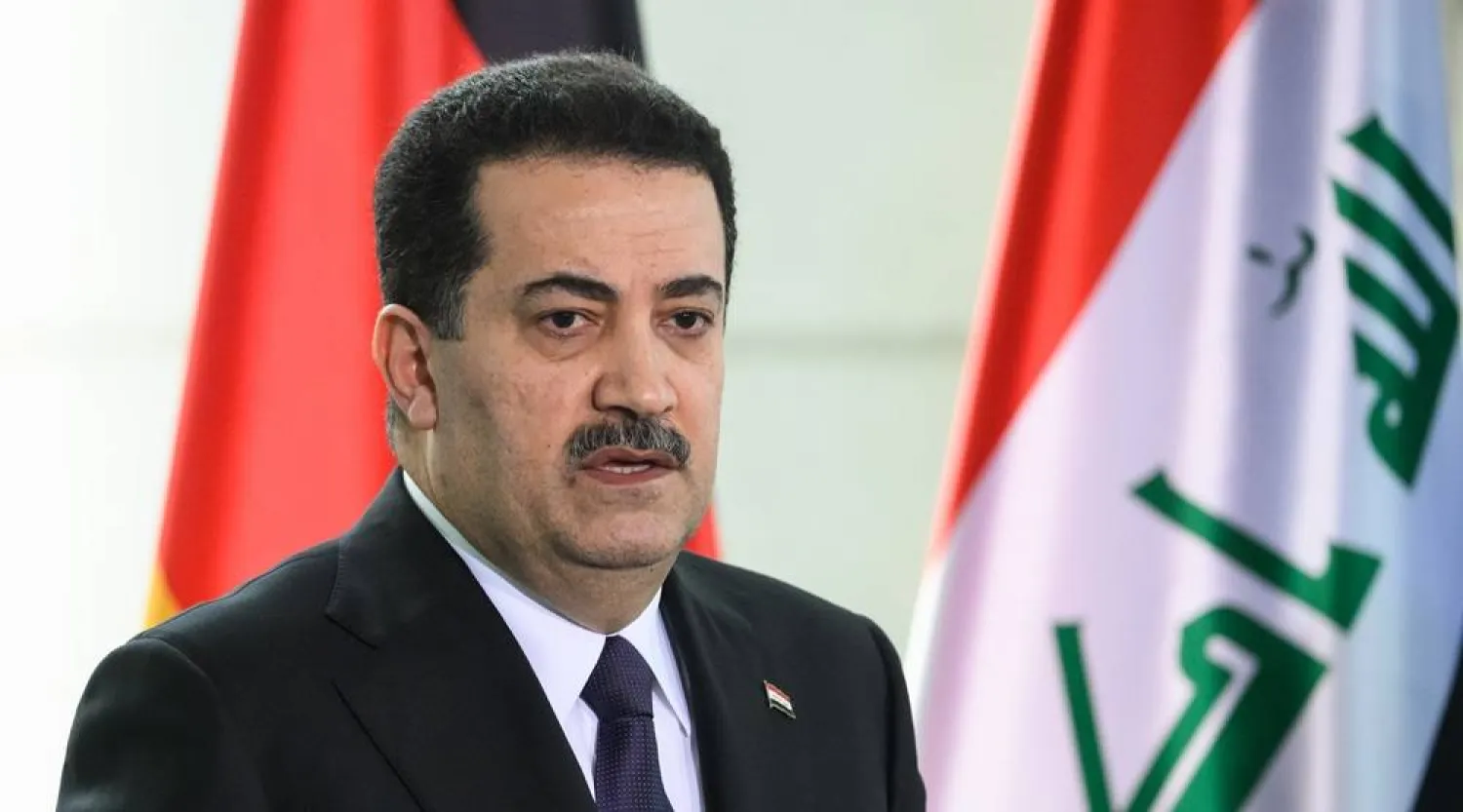Iraqi Prime Minister Mohammed Shia al-Sudani has dismissed an Israeli complaint to the UN Security Council about strikes by Iraq's Iran-backed Shiite militias on Israel as a "pretext and argument to attack Iraq" and to "expand the war in the region."
Israeli Foreign Minister Gideon Saar had earlier posted on X a letter to the Security Council saying that "Israel has the inherent right to self-defense ... and to take all necessary measures to protect itself and its citizens against the ongoing acts of hostilities by Iranian-backed militias in Iraq."
An umbrella group of Iraqi militias known as the "Islamic Resistance in Iraq" has regularly launched drone strikes on targets in Israel in recent months in support of its Hamas and Hezbollah allies in the ongoing wars in the Middle East.
Saar said some of the militias are part of the pro-Iran Popular Mobilization Forces — a coalition of mostly Shiite armed groups that's technically part of the Iraqi army although it operates in practice largely outside state control — and urged the Iraqi government to "take immediate action to halt and prevent these attacks."
Al-Sudani’s office said in a statement on Tuesday that Iraq has refused to enter into the regional conflict while "seeking to provide relief to the Palestinian and Lebanese people."









